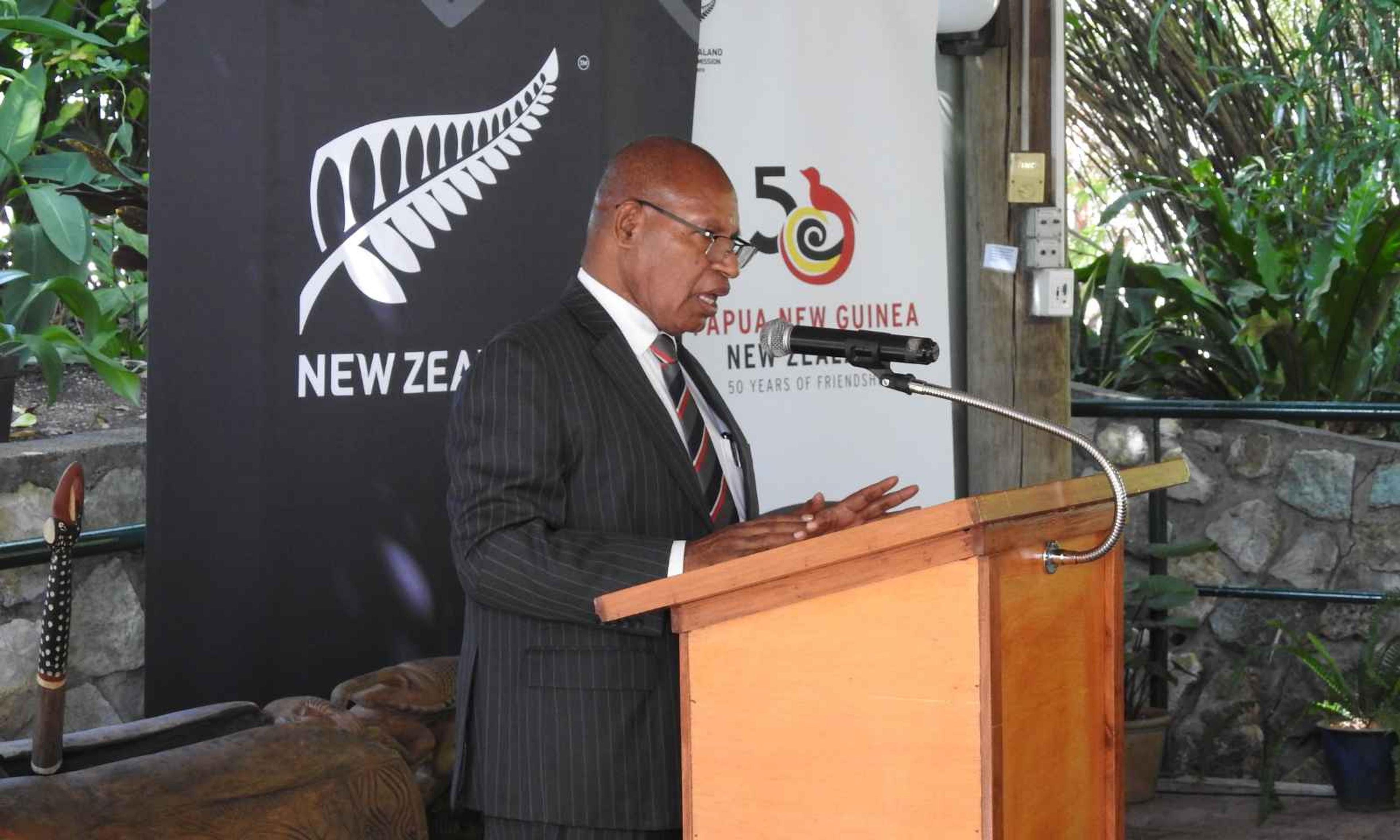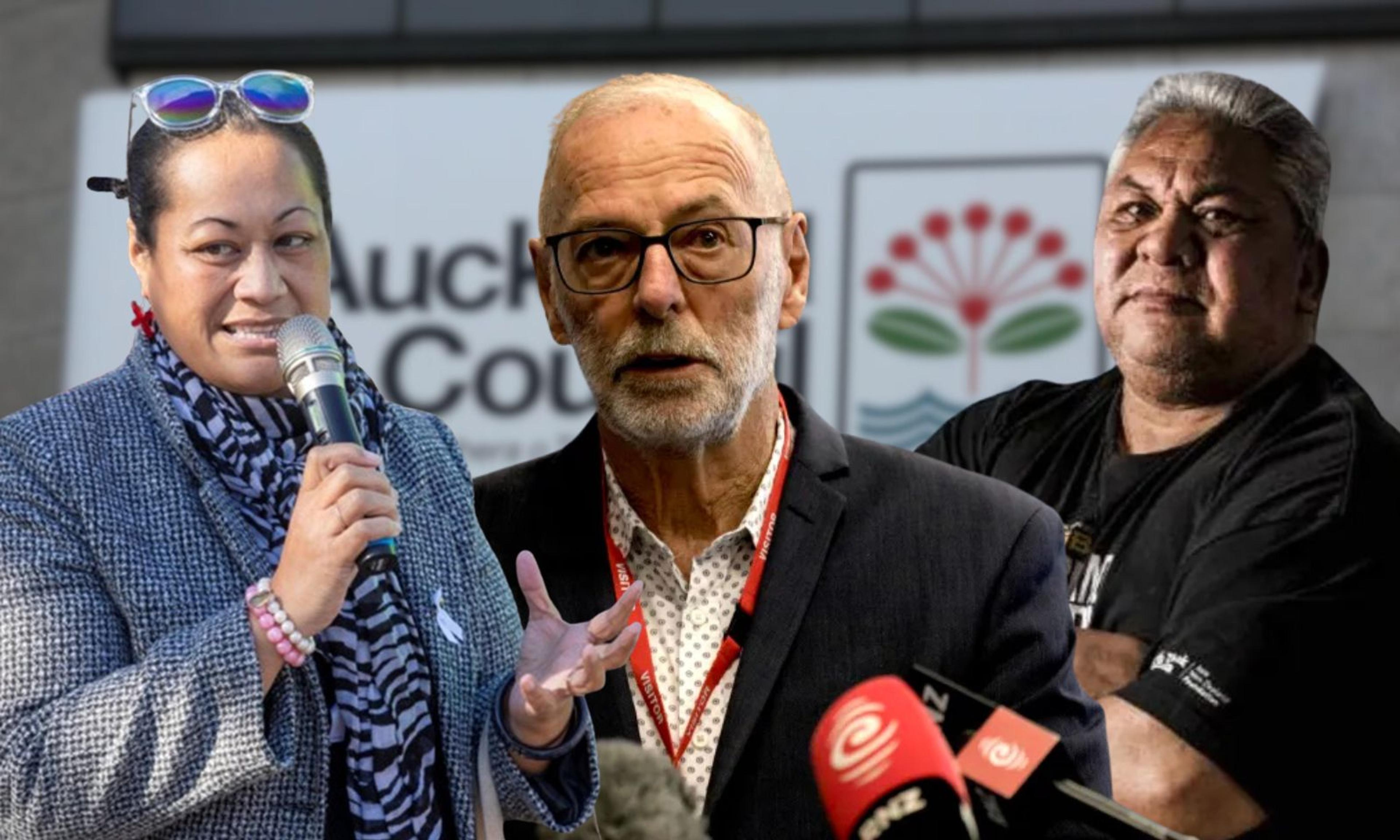

Often invisible but always present, Isitokia Paasi aims to share the stories of Pacific caregivers.
Photo/Unsplash.
Highlighting the hidden heroes: Researcher amplifies the voices of Pacific caregivers
Isitokia Paasi’s project aims to tell the vital stories and strength of communal support, including the challenges faced in an under-resourced health system.



Councillors hit back at Mayor Wayne Brown's 'Pacific victims' remark

Fiji prosecutors seek 50-year sentences for ringleaders in major meth import case

Heartwarming efforts by community help bring missing Sāmoa woman home safely


PNG calls for new trade deal with NZ, rejects PACER Plus pact

Councillors hit back at Mayor Wayne Brown's 'Pacific victims' remark

Fiji prosecutors seek 50-year sentences for ringleaders in major meth import case

Heartwarming efforts by community help bring missing Sāmoa woman home safely
For the Tongan Language version of this article, click here
A new research project aims to highlight the experiences of Pacific caregivers supporting stroke survivors in Aotearoa.
Isitokia Paasi, a Master’s student in Health Psychology at Te Herenga Waka - Victoria University of Wellington, is working on her project titled ‘Ofa’i ‘a e kau tauhi ‘o e Pākalava’ (Caring for Stroke Caregivers). The study seeks to explore the personal experiences of those caring for family members recovering from a stroke.
Speaking to John Pulu on PMN Tonga, Paasi says the project’s origins trace back to 2019, before the Covid-19 pandemic, when she paused her studies to care for her mother, who had suffered a stroke. She says she was “extremely fortunate” to remain with her mother during her rehabilitation in the hospital, as it provided her with insight into the dynamics of the healthcare system.
“I was able to see the [Occupational Therapy] appointments, [Physical Therapy] appointments, and the [Speech-Language Therapy]. I was very fortunate in that sense, but then coming out of the rehab board is a very different dynamic,” Paasi says.
While the pandemic disrupted services during her own caregiving experience, it also revealed the strength of communal support. Paasi says the generosity of many during her mother’s recovery was a beautiful aspect she aims to capture in her research.
“Although we don't have the health system backing us up 100 per cent, we do have our communities that wrap around us when we need it the most.”
She admits that community carers are “already stretched” and that many in Aotearoa miss out on that level of care because of resource restrictions.
“I want to explore the voices of bus workers in Aotearoa that are working behind the scenes that no one really hears about.”
According to the Stroke Foundation of New Zealand, 60 per cent of strokes among Māori and Pacific people occur at working age, between 15 and 64 years, compared with 20 per cent for other ethnicities. Māori and Pacific people also experience strokes on average 15 years earlier than New Zealand Europeans.
Watch Isitokia Paasi’s full interview below.
“The more that I've read, the more that I've just - a lot of ‘ofa [love] to all the families affected by it. What I'm trying to do is explore the voices of those who are taking care of their parents or their partners or anyone in their family that has had a stroke,” Paasi says.
“We don't really hear about them because it is a part of our culture, it’s just something we do. We don't expect to explore the system and what the system can do for us and what it can't do for us.”
She is currently recruiting participants for interviews and is flexible over travel or online sessions, depending on people’s needs. Paasi hopes her project will influence policymakers and shape future health strategies for Pasifika communities.
To contact Paasi about sharing your story, please email: kia.paasi@vuw.ac.nz